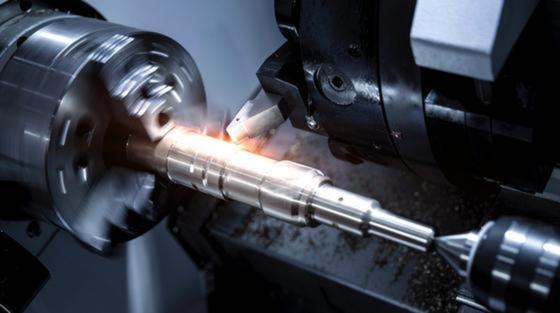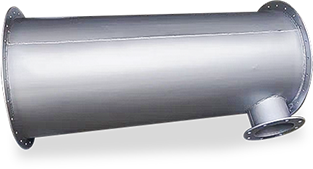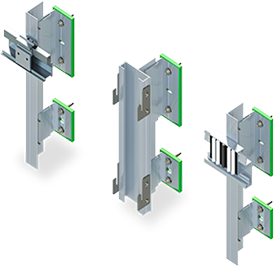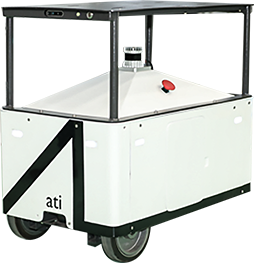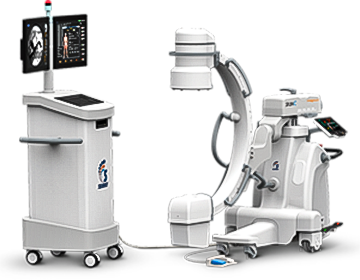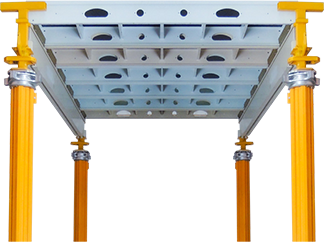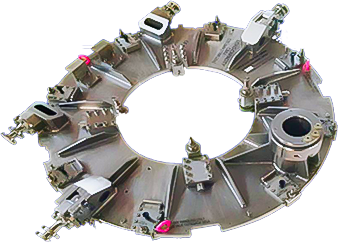
CNC production, often known as computer numerical control (CNC) manufacturing, is one of the most efficient manufacturing technologies available. Even while it is the ideal solution for many parts and goods, it might not always be the greatest solution. Examining CNC machining’s benefits and drawbacks is the best method to evaluate whether you should employ this manufacturing technology or not.
Advantages of CNC machining
Precision
One of the major advantages of CNC machining is its definiteness and precision. Because the process is controlled by a computer, the machining can be done with a high level of accuracy and repeatability.
More Capability
CNC machining also has a wider range of capabilities compared to traditional machining methods. This includes the ability to produce parts with complex shapes, contours, and surface finishes.
High Production and Scalability
CNC machines can produce parts quickly and efficiently, making it possible to produce large quantities of parts in a short period of time.
Uniform Product
It can produce a uniform product. Because the process is controlled by a computer, every part produced is identical, ensuring that there are no variations in quality.
Time Efficient
CNC machining is also time efficient. Because the process is automated, it is possible to set up a CNC machine and let it run without the need for constant supervision.
Range of Materials
CNC machining can work with a wide range of materials, including metals, plastics, and composites. This makes it a versatile solution for manufacturers who need to work with different materials.
Reliability
CNC machining is also reliable process, that ensures functionality. Because the process is controlled by a computer, there is less room for human error compared to traditional machining methods.
Disadvantages of CNC machining
Costly
One of the major disadvantages of CNC machining is its expensiveness. CNC machines can be costly to purchase and maintain. Apart from this, the cost of programming and setting up the machine can also be a significant factor in determining the exorbitant rates.
Size Restrictions
CNC machines have a fixed size and are not suitable for producing large parts or products. This can be a limitation for manufacturers who need to produce larger items or who work with materials that are not easily machined on a smaller scale.
Material Waste
CNC machining can result in material waste. Because the process involves removing material to create a finished product, there is often excess material that is discarded.
Design Limitations
CNC machining also has some design limitations. Because the process relies on computerized controls, it is not well-suited for producing parts with highly organic or irregular shapes.
Operation Errors
If the machine is not programmed correctly or if there is a problem with the machine itself, it can result in faulty parts or production delays.
Material Suitability
Some materials, such as certain plastics or composites, may not be suitable for CNC machining due the requirement of special tooling or processes.
Time for Mass Production
While CNC machines can produce parts quickly and efficiently, it can take time to set up the machine and program for mass production.
Trained Operator Required
CNC machining requires a trained operator to set up and run the machine. This can be a limitation for manufacturers who do not have the resources or expertise to train an operator or who need to quickly ramp up production.
Summary
The CNC machining operations require the use of computer numerical control (CNC) machine tools. However, choosing the right one, is critical for a successful machining procedure. Karkhana.io has simplified the process of finding a trustworthy CNC machining service provider.
Our strong client base is present across India, encompassing cities such as Bangalore, Chennai, Delhi, Mumbai, Pune, and Hyderabad. We cater to our clients with seamless manufacturing solutions across industries like Aerospace, Automation, Automobile, Defence, Drone, Energy, EVs, FMCG, General Engineering, Medical, Oil & Gas, Pharma, and Robotics.
Let us help you reach the optimal outcome for all your CNC manufacturing requirements. To get started, simply email Alay Shah on alay@karkhana.io with your requirements or fill out the form below.
If you’re in need of any help in CNC production, visit our Digital platform and sign up to get started on your journey.
